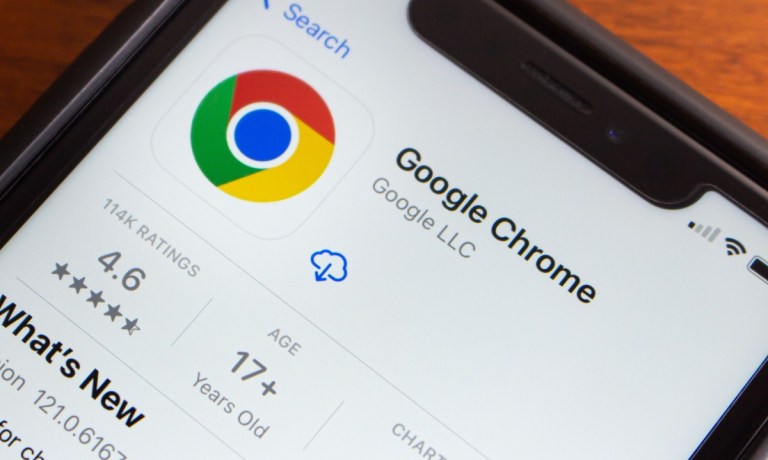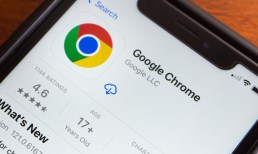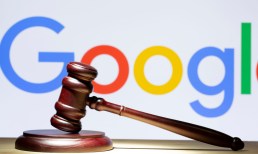OpenAI Executive Says His Company and Many Others Would Buy Chrome Browser

Google’s Chrome browser would have many potential buyers if it were spun off, with OpenAI among them, an OpenAI executive told a court Tuesday (April 22).
Testifying during a trial that will determine remedies for Google’s dominance of the search market, as required by a judge’s ruling last year, OpenAI’s Head of Product, ChatGPT Nick Turley said OpenAI and “many other parties” would try to buy Chrome if it were available, Bloomberg reported Tuesday.
ChatGPT can be downloaded as an extension for the Chrome browser, but it would be a better product if Chrome were more deeply integrated into OpenAI, Turley said, according to the report.
In that case, Turley said, OpenAI would “have the ability to introduce users into what an AI-first experience looks like.”
Forcing Google to sell its Chrome browser is one of the remedies proposed by the Justice Department that are now being considered in the current stage of the antitrust trial.
Google argued that this remedy and others proposed by the Justice Department would degrade the products consumers use every day. The company has suggested instead that consumers be allowed to select their preferred browser and that Google then be able to split revenue with competitors.
Immediately after the antitrust ruling announced in August, Google vowed that it would appeal the verdict, with Kent Walker, global affairs president at Google, telling PYMNTS that the decision “recognizes that Google offers the best search engine but concludes that we shouldn’t be allowed to make it easily available.”
OpenAI unveiled its latest AI models last week, saying that the new o3 and o4-mini reasoning models are the “smartest” it has released to date and represent a “step change” in ChatGPT’s capabilities.
For one thing, the company said, these models represent a big step toward most robust agentic AI systems that can independently execute tasks on behalf of users.
OpenAI CEO Sam Altman said April 11 at a TED 2025 event that the company’s generative AI systems have reached about 800 million people, adding that “something like 10% of the world uses our systems, now a lot.”



